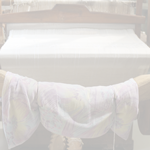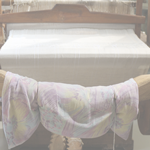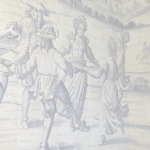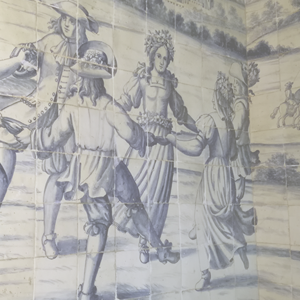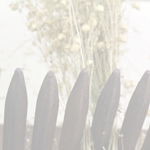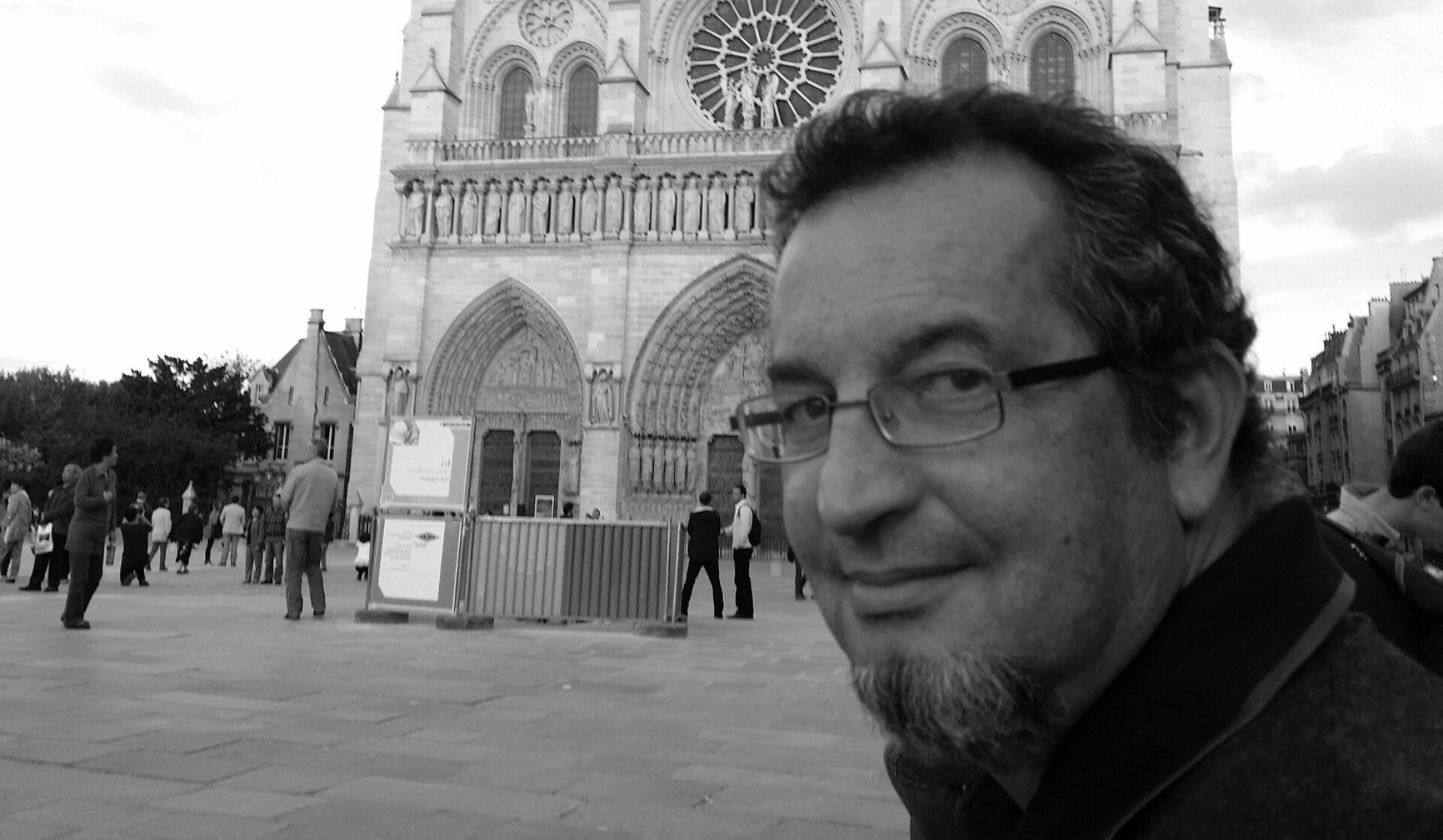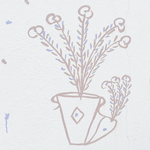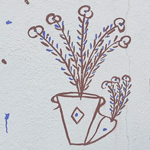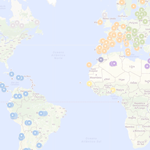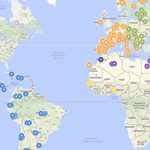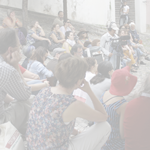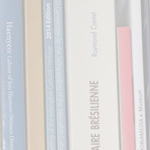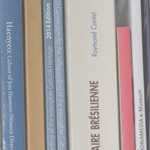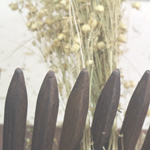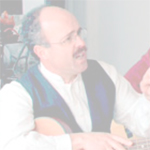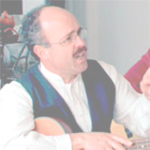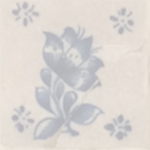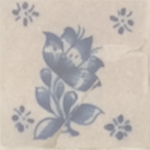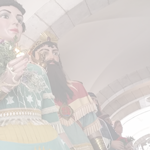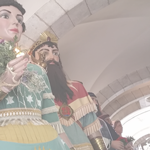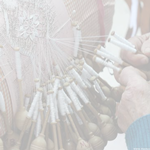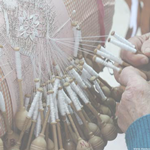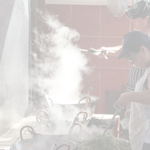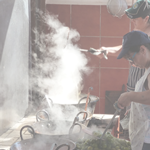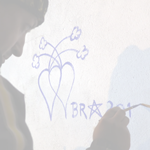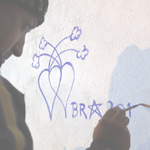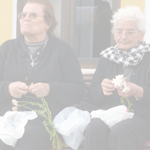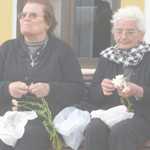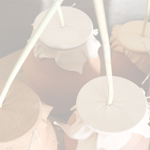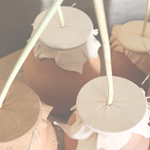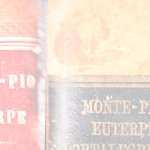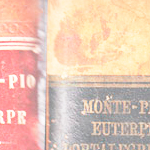Bibliography
Type
Book chapter
Year
2018
Title
Batik as a creative industry: political, social and economic use of intangible heritage
PDF doc
Abstrat
Tracing the implications of UNESCO’s 2003 Convention for the Safeguarding of the Intangible Cultural Heritage (hereafter ICHC) in a national context, this chapter explores the case of Indonesian batik, listed in 2009 as an element of Indonesia’s intangible cultural heritage. Against a background of the history of batik production that reveals that batik has been subject to political interests throughout Indonesian history, it examines how the more recent UNESCO listing of batik has been integrated into Indonesia’s ‘creative industry’ policy to achieve economic and political objectives, and utilised at the community and individual level for economic purposes. This raises the wider question as to whether the original cultural aims of the ICHC are in danger of being diverted where listing is appropriated in the implementation of politically and economically motivated instrumental objectives. Also, conversely, whether maintaining an absolute distinction between ‘economic’ and ‘cultural’ outcomes of ICHC listing is indeed realistic or even possible.
Keywords
Intangible Cultural heritage, Unesco 2003 Convention, Indonesian batik, policy, community, Lists
Bibliographic reference
AKAGAWA, Natsuko (2018) "Batik as a creative industry: political, social and economic use of intangible heritage". In Natsuko Akagawa, Laurajane Smith (eds.) (2018) Safeguarding Intangible Heritage Practices and Politics.London: Routledge.
PDF source


